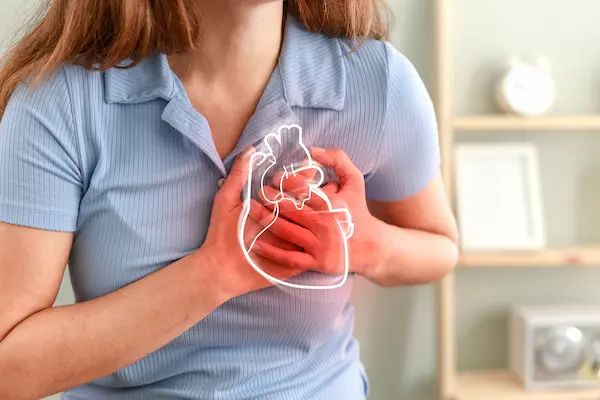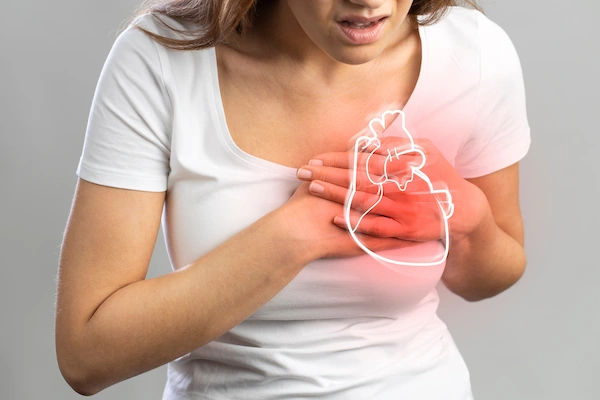- Male
- 25 Years
- 22/01/2025
I'm a bit worried about my health as I recently got some test results back. My lipoprotein ALPA level is 39.1, and my hemoglobin count is 17.7. I've already done an ECG and a 2D echo, and those reports came back fine. Should I be concerned about these numbers indicating any heart disease, even though the other tests were okay?
Answered by 1 Apollo Doctors
Your lipoprotein (A) value of 39.1 is within normal range, which is a good sign. A high level of LP(a) is considered a risk factor for heart disease, but your value is not concerning. Your hemoglobin (HB) level of 17.7 is also within normal range. Since your ECG and 2D echo reports are fine, it is unlikely that you have any significant heart disease based on the information provided. It's important to continue monitoring your lipid levels and overall heart health regularly. No specific medication is needed at this point.
Dr. Kareemulla Suggests...
Consult a Cardiologist
Answered 04/07/2025
0
0

More Cardiology Health Queries
View allI'm feeling really tense and I'm worried it might cause a heart attack. I feel weak and lazy, but everything else seems normal. I'm currently out of town for work. Should I be concerned?
Stress and tension can contribute to an increased risk of heart attack, especially if it is chronic and not properly managed. To help alleviate your symptoms and reduce the risk of complications, you can consider taking a medication like Propranolol (40mg) to help with anxiety and physical symptoms. Additionally, practicing stress-reducing techniques such as deep breathing exercises, meditation, and getting regular exercise can also be beneficial.
Answered by 1 Apollo Doctors
I'm a bit worried because last night I had some breathing troubles and felt pain on the left side near my armpit. I went to see a doctor, and although my vitals like blood pressure and pulse were normal, he suggested an ECG, which also turned out normal. I have spondylitis, so I was wondering what tests or checkups I should consider next? Any advice would be really helpful.
Having a pain, heaviness or discomfort in your chest can be scary. It does not always mean that you are having a heart attack. There can be many other causes, including Other heart problems, such as angina Panic attacks Digestive problems, such as heartburn or esophagus disorders Sore muscles Lung diseases, such as pneumonia, pleurisy, or pulmonary embolism Costochondritis - an inflammation of joints in your chest Some of these problems can be serious. Get immediate medical care if you have chest pain that does not go away, crushing pain or pressure in the chest, or chest pain along with nausea, sweating, dizziness or shortness of breath. Treatment depends on the cause of the pain. To rule out cardiac issues. Get a ECG and 2D echocardiography done. If they are normal then get a TMT stress echo done.. Meanwhile take Tab. Flexon Mr twice a day for 5 days
Answered by 1 Apollo Doctors
I've been having this really awful chest pain for about a month now, and it sometimes feels like my heartbeat is a bit off. After doing a bunch of research, I think it might be esophageal spasms. I went to the ER twice, and they said my EKG and heart monitor were fine. My doctor gave me muscle relaxers, which help with the spasms, but I still cant shake this terrible feeling in my chest. My blood pressure seems okay, it's usually around 120 over 86. I keep feeling my pulse all down my chest and arms, and its been really hard to get any sleep. Could there be something else going on that Im missing?
That could be GERD avoid late night eating and consume bland diet and maintain healthy lifestyle.
Answered by 1 Apollo Doctors
Disclaimer: Answers on Apollo 247 are not intended to replace your doctor advice. Always seek help of a professional doctor in case of an medical emergency or ailment.




